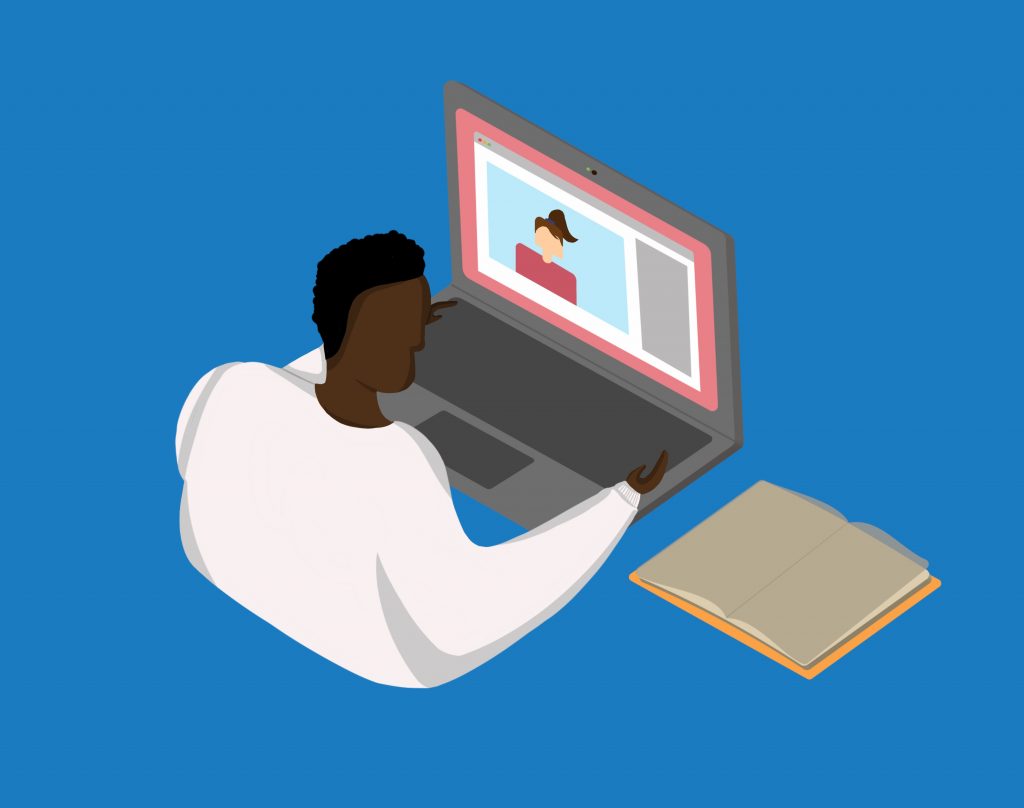
The transition to online synchronous learning, which began last week, has been difficult for students and professors. Though new to many Rollins students, the online classroom application, WebEx, is a technological system that Rollins has used for years.
“We have been working with and testing WebEx for a number of years now,” said Vice President for Academic Affairs and Rollins Provost, Dr. Susan Singer.
When asked why the school chose WebEx over other online learning programs, Singer said, “We followed the guidance of our IT colleagues. Rollins has a license that allows every member of our community—faculty, staff, and students—to have their own room.”
Before Rollins announced its closure due to the COVID-19 pandemic, all professors were required to practice using WebEx in their classes. However, some students reported that they were not given instructions on WebEx prior to school closure.
“Only one of my professors tested WebEx,” said psychology major Gigi Torres Santiago (‘21HH). “The rest of them are just sending us invitations for when the time comes to meet with them.”
Madi Kress (‘20) expressed similar concerns: “None of my professors tested WebEx before we left,” she said. “In one class, we just completely ran out of time to do it; however, she followed up by sending instructions via email. My other professors didn’t even bring it up.”
Despite initial anxieties over using the program, many students have found that the interface is quite simple.
“After my first day using WebEx, I feel like I have the hang of it. It isn’t really confusing at all,” said Kress. “Before my first day, I was actually pretty nervous, just because I never had to use anything like this before.”
The switch to online learning might be more difficult for professors than it is for students.
“The students, the majority of them, are quite tech-savvy anyways. Probably much more than those of us that are teaching,” said Dr. Keith Buckley, head soccer coach, director of Physical Education, and adjunct business professor.
Some students are also finding the switch difficult on a personal level.
“I feel like I’m losing my sense of motivation when it comes to online classes. I find myself procrastinating more than taking time out of my day to do the work,” said Torres.
Dr. Paul Reich, associate professor of English, said that it is not just having to adapt to new technology that makes the switch difficult for him.
“I was horrifically depressed about having to move to synchronous online learning because the single best part of my workday is coming to class, you know?” said Reich. “It’s not the meetings. It’s not anything else. It’s walking into that classroom in Orlando Hall and being face-to-face with students and talking about books.”
Professors who are teaching courses related to performing arts, scientific labs, or athletics have had to majorly adapt their class structures to fit an online environment. Many science classes with lab credits have had to forgo labs entirely, and many athletic credit classes have put more emphasis on self-reported student activity logs.
Concerning self-reporting, Buckley said, “The issue is just the honesty and integrity of our students, and I believe that absolutely our students will do it in the right way and be consistent with the honor code.”
Kress is in a senior research class for her psychology major, and “we were supposed to be conducting actual research on campus with participants. This obviously is out of the question now, and the whole structure of our class is having to change. We will adapt accordingly, but it definitely takes away from the hands-on learning experience I signed up for.”
Students and professors agree that hands-on learning, a valuable aspect of many courses at Rollins, is not transmittable to an online experience.
WebEx provides several functions that have aided the transition, such as allowing professors to open a whiteboard, allowing students to annotate things shown on the screen, and alerting professors when a student has a question. Professors can also share their computer screens and show clips or readings for students in the class to see.
While adapting to using these functions, the sentiments around WebEx remain consistent: it is a necessary change during this difficult time. WebEx solves many problems, but some students still have concerns for the rest of the semester.
“My major concern is if there will be options to have a pass/fail grade for multiple classes,” said Torres.
When asked for recommendations for students when using WebEx, Singer said, “I’d practice using my WebEx personal room with friends. Explore and try different approaches.”
WebEx allows students to host a personal room, where they can invite other Rollins students and create a virtual community in this time of social distancing. For example, the Off-Campus Student Association has adapted to having a virtual lounge for students to join in between their online classes.
“Regarding the situation we are in, WebEx is as good as it can get,” said Kress. “I am thankful we aren’t just switching to all online where we do independent work and never interact with each other again.”

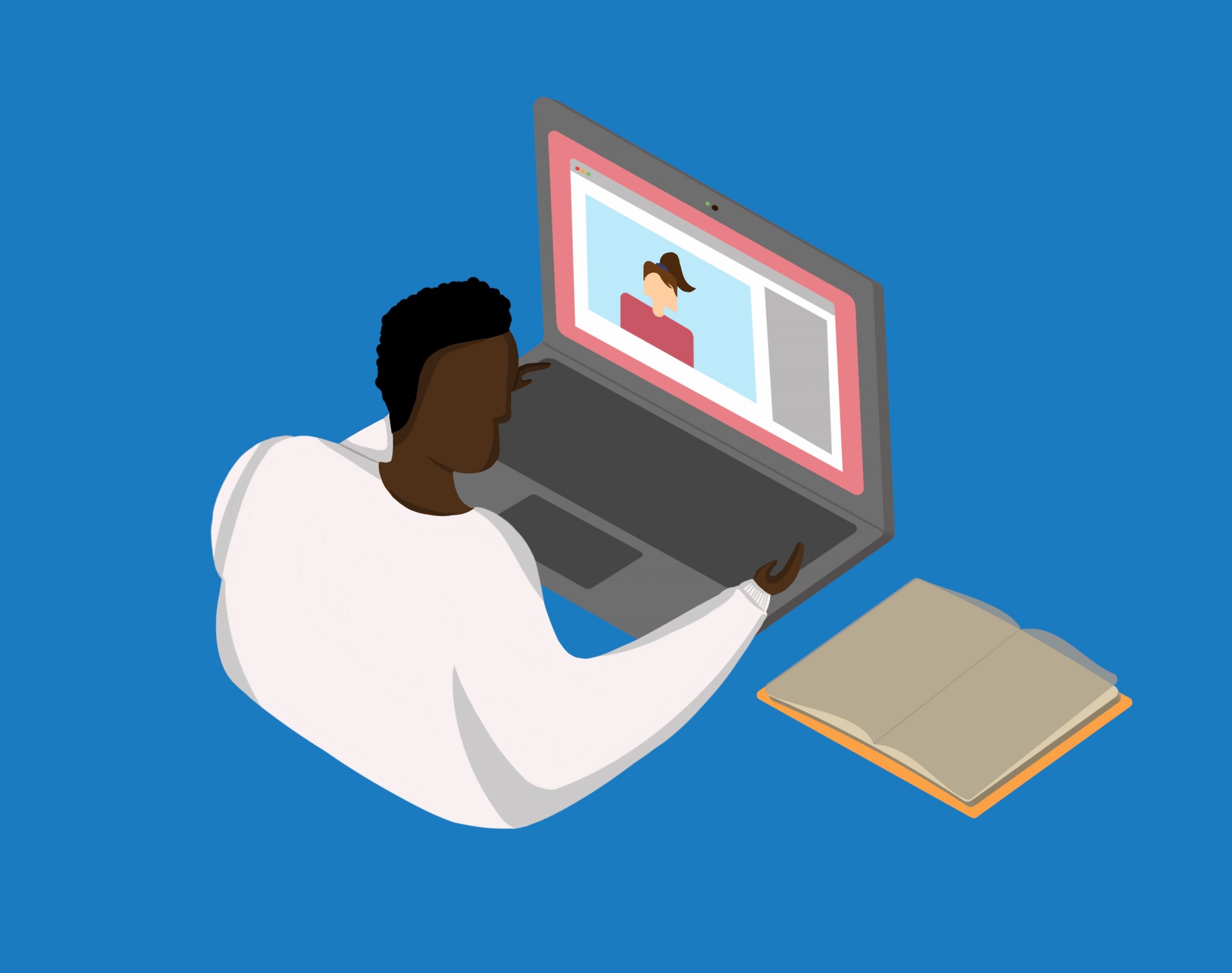


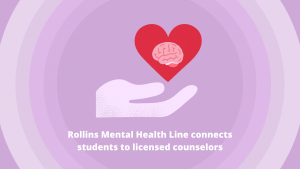
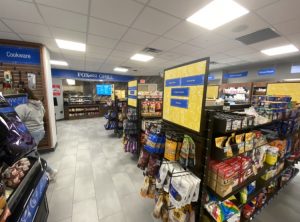






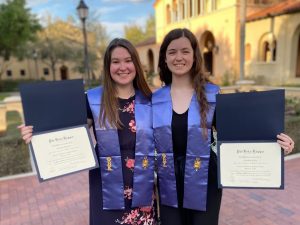
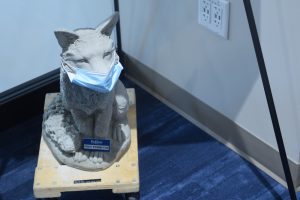

Comments are closed.